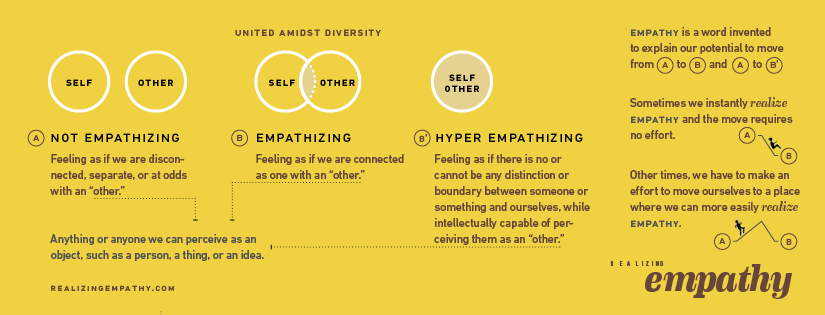What does it mean
to reflect?
Stand in front of a mirror.
The mirror
will reflect.
By mirror,
I mean a relationship
from which we can receive the choice
to see ourselves
from an interfacing
perspective.
By an interfacing perspective,
I mean a perspective
from which we can receive the choice
to see ourselves
as an “other”
with which we can empathize
without hyper-empathizing.
Go ahead.
Look into the mirror
and see yourself as an “other”
with which you can empathize
without hyper-empathizing.
Now,
by look,
I mean receive the choice
to recognize,
acknowledge,
and appreciate
parts of your “self”
by recognizing,
acknowledging,
and appreciating
parts of
the “other.”
Parts you forgot
or did not know
to recognize,
acknowledge,
and appreciate.
I mean give these parts
the choice
to feel seen.
The choice
to matter.
And by giving this choice,
may you realize
that this
is a loop,
where giving
does not constitute losing,
and receiving
is not predicated on lacking.
A loop,
where fear and shame
can make way
for flow.
…
Whether we reflect
through journaling,
through coaching,
or otherwise…
May this be a guide.
